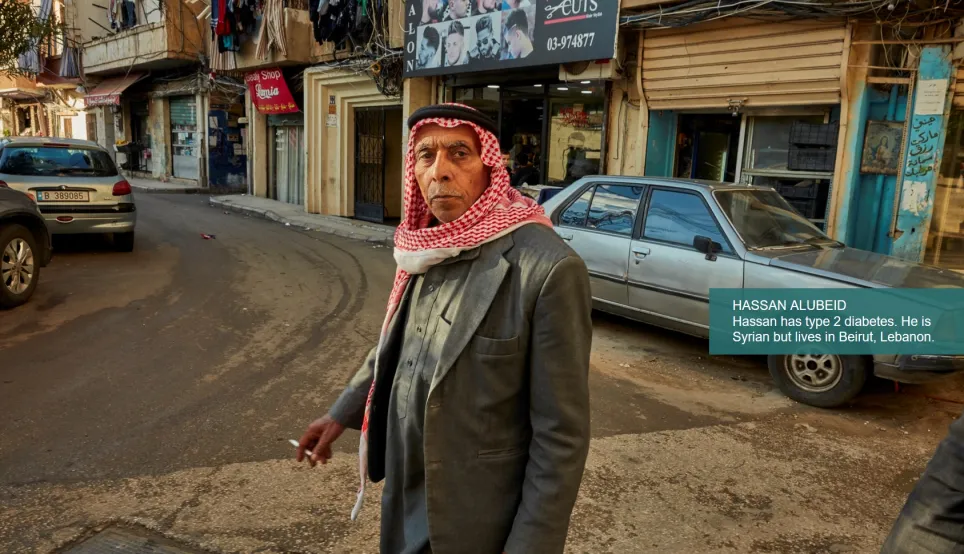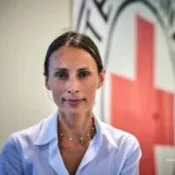The International Committee of the Red Cross (ICRC), the Danish Red Cross, Novo Nordisk, London School of Hygiene & Tropical Medicine, Centre for Global Chronic Conditions, the Permanent Mission of Afghanistan and the Permanent Mission of Denmark to the UN in Geneva, wish to thank you for participating in the event "Partnering for Change: Chronic Care in Humanitarian Crises", held on 21 May 2019 during the 72nd World Health Assembly.
The side event brought together approximately 140 stakeholders from different sectors and disciplines around the common cause of finding solutions for providing access to NCD care for people living in humanitarian crises. As you heard from our speakers, this agenda needs to be emphasised. Providing NCD care in humanitarian crises is essential, and we need better tools to do so. Such tools can be achieved through partnerships across sectors.
Co-hosted by The Permanent Mission of Denmark to the United Nations in Geneva,
The Permanent Mission of Afghanistan to the United Nations in Geneva,
ICRC,
Danish Red Cross,
Novo Nordisk
and the London School of Hygiene and Tropical Medicine.
Chronic Care in Humanitarian Crises - Panel Discussion (21 May 2019) from ICRC on Vimeo.
The health component of the humanitarian response to
emergencies has traditionally focused on management of acute
conditions such as trauma and infectious diseases. However,
NCDs are highly prevalent worldwide – and humanitarian crises
increase the risk of NCD exacerbations and impair the ability of
health systems to respond.
The Universal Health Coverage (UHC) agenda emphasises that all
individuals should have access to quality essential health services
without suffering financial hardship, and the 17 Sustainable
Development Goals (SDG) call on all stakeholders to join forces to
create progress towards the SDGs - but how to do this in practice?











